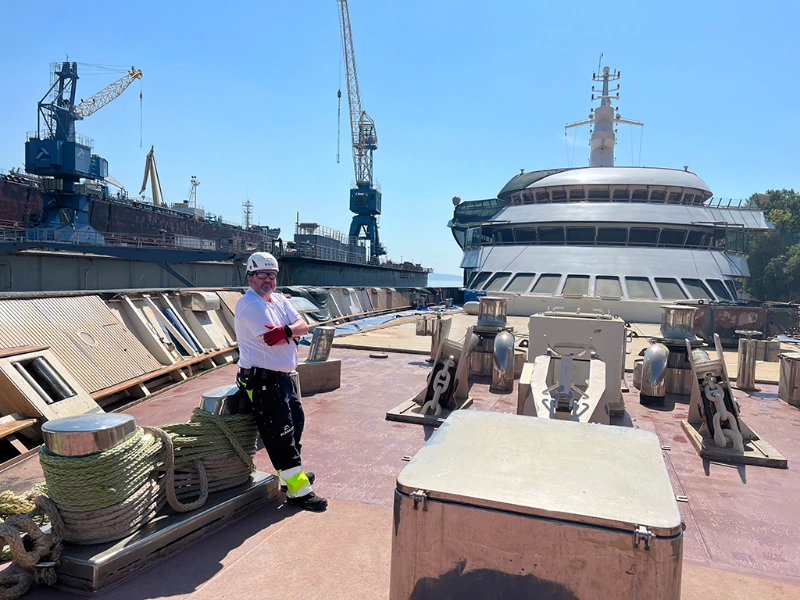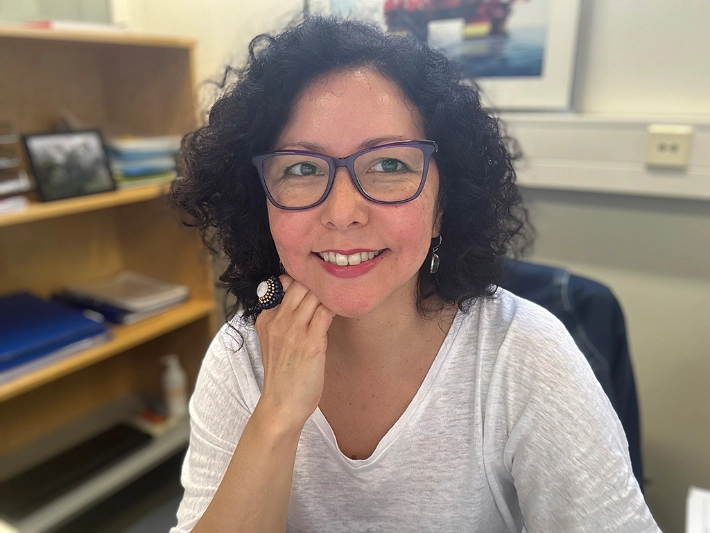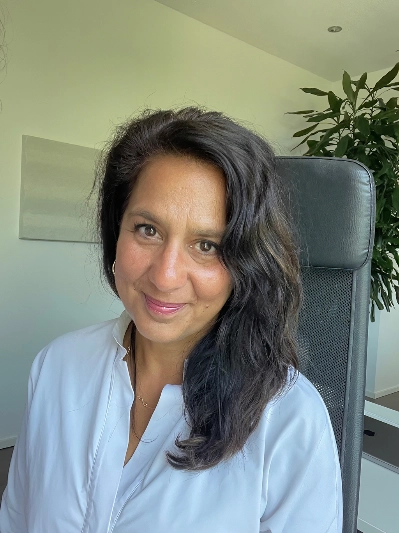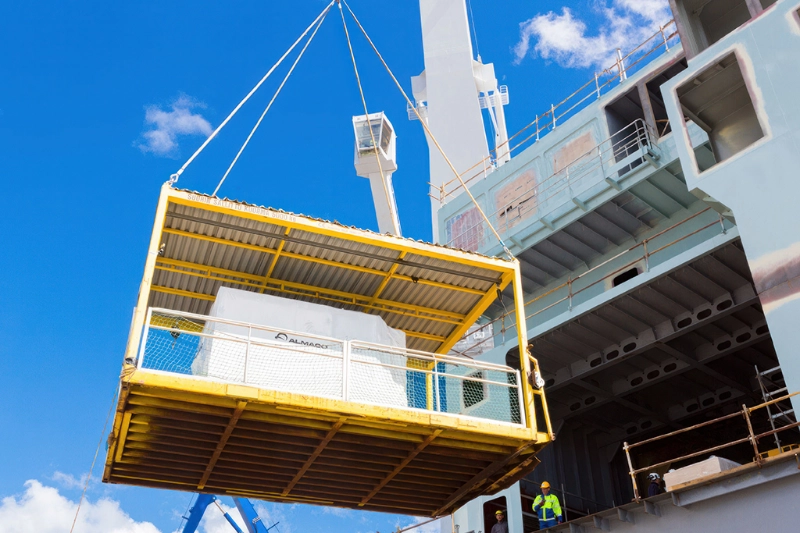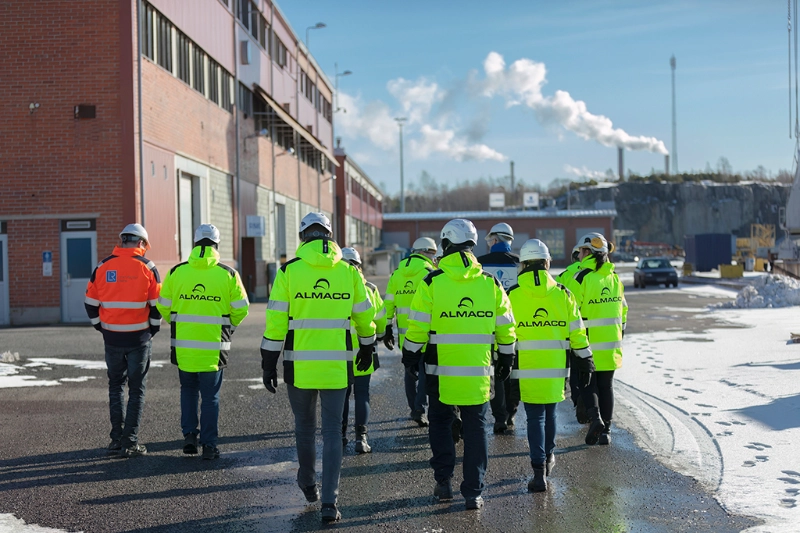“ALMACO was born international,” says Ines Stenius, Vice President, People at ALMACO Group.
The company is a prime example of a Finnish maritime player. ALMACO Group Inc was founded in Finland immediately afterthe founding of ALMACO Group Oy, 1999. Standing on the shoulders of Finland’s long maritime history, the company has enjoyed a strong foundation to grow and gain a strong global foothold. Today, it has offices in nine countries, with the parent company based in Finland and leading global operations.
The company has delivered more than 330 projects in over 40 global locations. It specializes in newbuilding and modernization of all catering and accommodation areas, as well as full lifecycle support to owners and shipyards in the marine and offshore industries.
The language of the global maritime industry is English – some languages don’t even have words for certain terminology, they rely on the English phrasing. That’s why ALMACO works in English – even internally in its head office in Finland. It’s also mandatory to use English in emails, particularly since the organization employs between 10 and 20 different nationalities.
“It’s very efficient. By using English, we ensure that everybody understands everything right away, for example when looping new people into conversations regardless of where they come from,” says Stenius.
Suzana Reiko is originally from Brazil and works as an after sales specialist with ALMACO. She says that in Brazil, the maritime industry is focused on oil logistics, such as oil rig constructions and supply boats. After finishing a project in her home country in 2019, she got a call from a friend in Finland telling her that ALMACO needed someone with her background.
“At that time, our industry in Brazil was in crisis and I thought moving to Finland would be a good way to start fresh.”
John Petrie hails from Scotland and has worked globally in maritime – across Singapore, the UAE and US. In 2019, he joined ALMACO and moved to France. Then COVID struck. To avoid being isolated from his team, he decided to move to Finland in 2021. He is now Vice President for Project Management within the accommodation systems division.
“Both me and my wife had spent quite some time in Finland previously, and we thought it was a nice, clean, and safe country. Whereas while living in Miami, my wife would hang on to her purse tightly every time she went left the house.”
Reiko agrees that Finland has a strong sense of safety.
“There’s no violence. You can walk the streets safely at night.”
